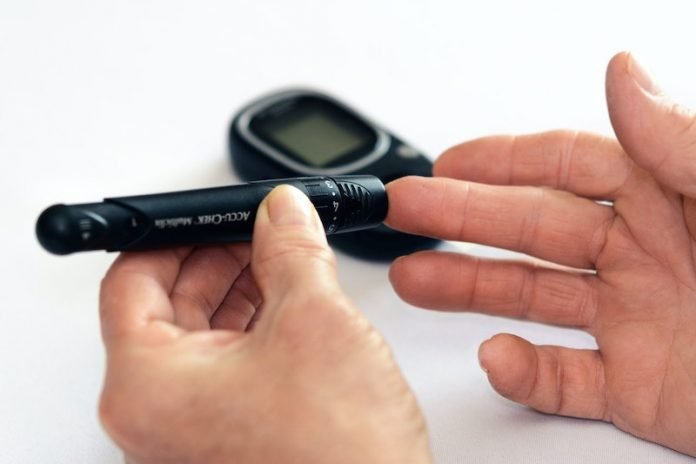
Scientists from the VA Saint Louis Health Care System found that the risk and 12-month burden of diabetes is increased for people with COVID-19 infection.
The research is published in The Lancet Diabetes & Endocrinology and was conducted by Yan Xie et al.
COVID-19 is an acute illness with an undefined length of recovery. A patient who continues to have ongoing symptoms after three months is considered to meet the definition of long-COVID.
The post-acute phase of COVID-19 commences once a patient is: considered clinically stable, being managed outside of the intensive care unit (ICU), and ready for discharge from the acute care environment.
This should be informed by the clinical judgement of the senior clinician treating the patient.
The immediate post-acute phase of COVID-19 continues for approximately three months from diagnosis, but this may vary for patients with a prolonged length of stay in the acute care environment.
In the study, the team examined the post-acute risk and burden of diabetes in 181,280 people who had a positive COVID-19 test and survived the first 30 days of COVID-19 infection.
The researchers found that in the post-acute phase of the disease, people with COVID-19 had an increased risk for and excess burden of diabetes.
In addition, they had an increased and excess burden of use of diabetes medications at 12 months.
The team also found there was an increase in a graded manner in the risks and burdens of postacute outcomes based on the severity of COVID-19.
The evidence suggests that diabetes is part of long COVID syndrome and that postacute care strategies of people with COVID-19 should include identification and management of diabetes.
If you care about COVID, please read studies that people with this heart problem 5 times more likely to die in COVID-19, and this plant extract can inhibit COVID-19 virus.
For more information about diabetes, please see recent studies about how to reverse type 2 diabetes and deadly liver disease, and results showing this surgery can be a ‘cure’ for type 2 diabetes.
Copyright © 2022 Knowridge Science Report. All rights reserved.



